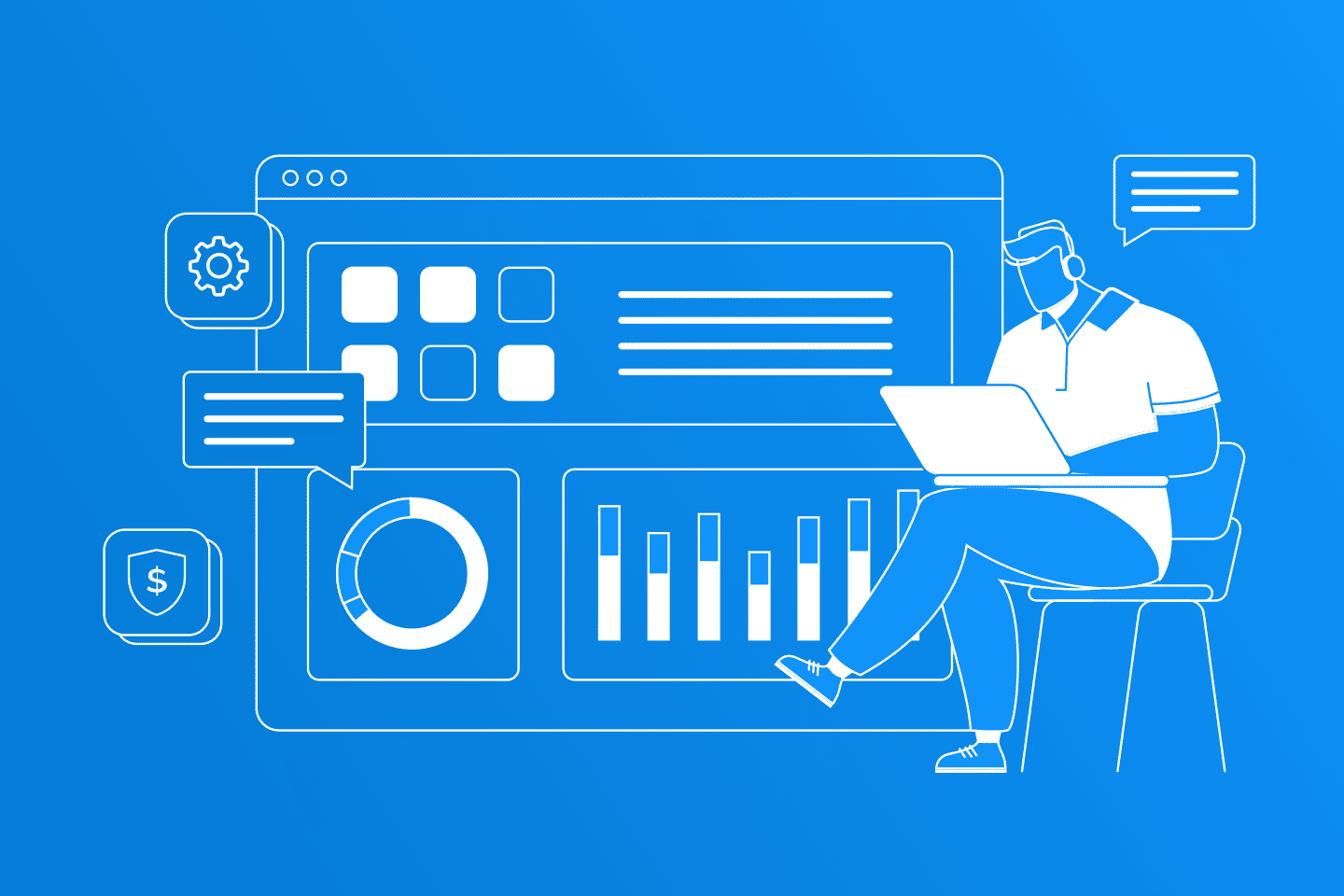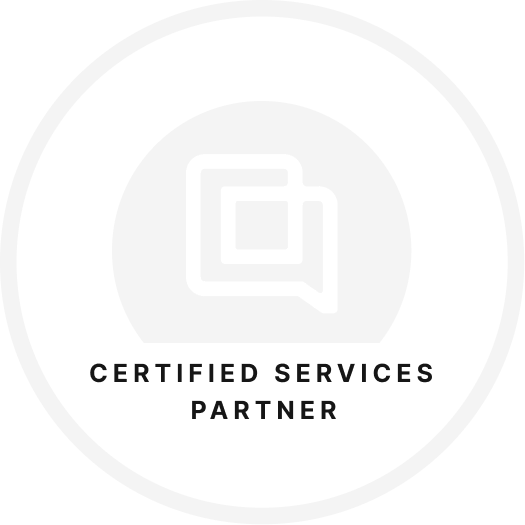The SaaS (Software As A Service) industry is extremely competitive. In fact, the global market size is projected to reach USD 307.3 billion in 2026. With such a highly competitive market, a surefire way for SaaS companies to succeed is to offer top-notch SaaS customer support.
No matter how effective your marketing strategies are, the SaaS customer journey doesn’t end with getting them to sign up. As a SaaS business, your customers are expected to use your product continuously—often, it even becomes a part of their daily routines.
This means that you will receive a constant influx of inquiries, questions, and even suggestions from your users. You have to remember that the software and technology sector often has a lot of unpredictable changes—integration updates, bugs, errors, or the launching of new features.
All of these changes can lead to an adjustment period and some confusion for your existing users. That’s why SaaS customer support is different from customer support in other industries.
What is SaaS customer support?
SaaS customer support is the process of assisting SaaS customers all throughout the customer journey.
When a potential customer has a question, your support team should provide answers. When your existing customers have inquiries, your support team should be there to assist.
Additionally, SaaS customer support may also involve providing resources and opportunities for continuous education about your product and services.
Why does your SaaS business need specialized customer support?
Here’s a fact: every business needs customer support. Plus, 85% of customers are willing to pay more for a SaaS product if the customer experience is excellent.
On the other hand, 96% of customers will leave your business due to bad customer service. This means that companies with satisfied customers have the potential for higher recurring revenue.
When you prioritize customer support, you get an edge over your competitors.
But the thing is—SaaS businesses need specialized customer support because the customer journey is different from other businesses. Plus, SaaS products are very specific and technical.
Here are some examples of actual scenarios that SaaS customers experience:
- Technical issues, errors, or bugs
- Compatibility issues with devices or other software
- Failed integrations
- Inquiries about their subscription
- Figuring out how to do something using the software
- Looking for a specific feature
- Requesting a feature
6 best practices to make your SaaS customer support outstanding
While general customer support tips are applicable to any business, here are 7 best customer support practices that SaaS businesses will benefit from.
1. Make your customer support options easy to find
Since customer support is a primary driver for customer retention, it is essential that your customers are able to access it anytime they need to.
Bad customer support is one thing. Inaccessible customer support is another. After all, customer support is only helpful if it’s accessible.
Some quick tips on how to make your customer support options easy to find:
- Don’t place your “Contact Us” form or button all the way down the bottom of your site. Instead, place it somewhere visible.
- Include live chat boxes or chatbots on every page so your customers don’t need to hunt for customer support when they need it.
- Make your knowledge base and relevant documents easy to find.
Speaking of knowledge base…
2. Put in the extra effort for documentation
One of the best support tools you should put in place is a comprehensive knowledge base.
After all, 70% of customers actually prefer to go for the self-service option as much as possible—only resorting to chat, email, or phone if the knowledge base fails to provide the solution.
Most SaaS users are busy and use SaaS products in conjunction with their work and day-to-day activities. They prefer to find the answer to their question right away.
If they can find the answer in your FAQs page or knowledge base, then it’s a win-win. They’re happy and the number of your incoming support tickets is reduced.
Proper documentation is often overlooked, but SaaS businesses benefit greatly from it. While creating an excellent knowledge base takes time and resources, it will definitely pay off in the long run.
3. Be present across the channels that make the most sense for your customers
Quality over quantity. You don’t need to be present in all channels—just the ones that matter. Whether it’s live chat, phone calls, or emails, it all boils down to knowing your customers and providing quality solutions.
Take the time to evaluate which channels your customers prefer using. Which channels are most convenient and accessible to them? Are they requesting a specific channel?
You will also need to review if your current team can handle those channels or if you might need to hire more agents. For example, 24/7 chat support is growing in popularity—but setting this up requires time and resources unless you choose to outsource it.
4. Close the gap between support and product teams
Your customer support agents are essentially the frontliners of your company. They are the ones who have the most opportunities to communicate with your customers. For potential customers, their experience with customer support can make or break their decision to sign up for your product.
Invest in a great product training curriculum for your support team. Aside from providing them with training and materials, try to integrate them into the rest of the company.
For example, loop them in with the product development team so they can be updated on new features, current issues, service interruptions, or even bugs. On the other hand, the product teams will also benefit from learning about customer feedback from the support team.
5. Outsource a dedicated and experienced customer support team for your SaaS business
The truth is, SaaS customer support is complex and specialized. Not all business owners have the resources and capacity to focus on developing an excellent customer support team and system.
However, the fact remains that SaaS customer support has a lot of business advantages. In fact, when executed flawlessly, it can put your business in a really great position when it comes to both customer acquisition and retention.
Hiring a dedicated and experienced customer support team is a good first step in this direction—especially if you don’t want to worry about the resources needed for hiring and training.
Of course, you will still need to conduct alignment meetings and loop in the outsourced team for product updates. But you will no longer need to worry about your support tickets and if they’re being taken care of. You can focus on business operations and product development while your SaaS customer support is being taken care of in the background.
Wrap up: Customer support is no longer optional for SaaS businesses
These days, customer support is a necessity. In fact, it’s key to a SaaS company’s growth.
Outsourced SaaS customer support can boost your revenue, reduce your costs, and help you focus on your business. LTVplus offers tailored solutions for SaaS businesses, including hiring, training, setup, QA, and even management of the entire team.
Contact LTVplus for a free consultation to see how you can get started.




